Why girl empowerment is more than just power
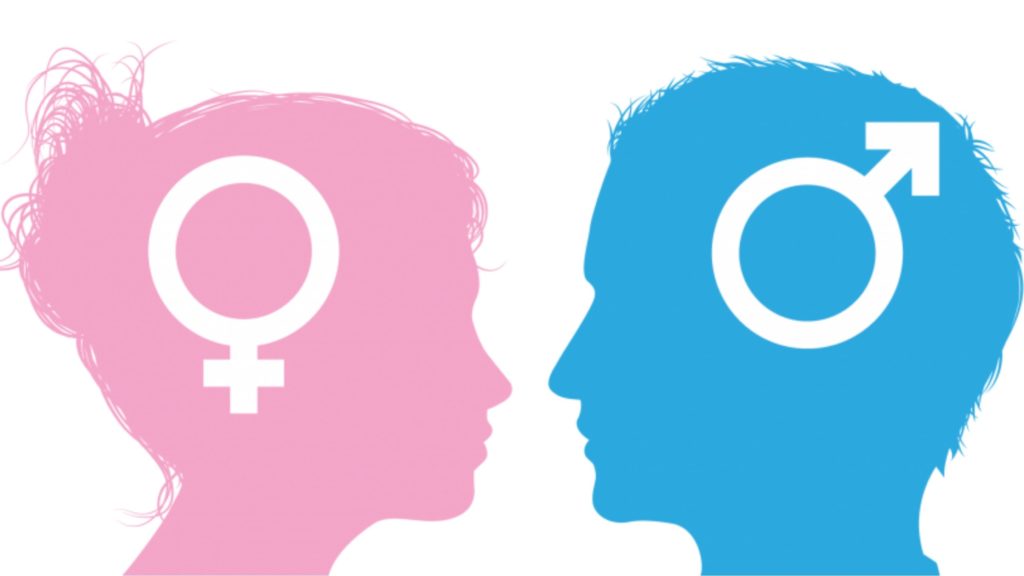
When watching Seafret’s Wildfire video (one of my favourite songs -– stick with me on this!) which is based on Arthur Aron’s study of interpersonal relationships, I can have some of the most potent conversations with my girls.
I have birth and foster daughters ranging from the tweens to 22, so conversations about love, relationships, the “Me Too” campaign and gender inequality happen on an everyday basis! While there are lots and I mean lots of girly laughter and banter with me (as well as the occasional strops) I would like to think serious messages of girl empowerment are embedded.
The buzz seems to be all about girl power, and while we all marked International Women’s Day in March and most companies, schools and organisations have equal opportunities policies, it is still surprising that women still continue to be the underdog in most areas of 21st-century society.
“Girls empowerment cannot be limited to just one day in the year; it has to be an ethos that is established and embedded at all levels throughout the world”.
It was only in 2019, that Karen Keskulla Uhlenbeck of the University of Texas at Austin won the prestigious Abel prize, widely regarded as the Nobel prize for mathematics. She is the first woman to achieve this feat!
While the achievement of Keskulla Uhlenbeck should be celebrated and revered, there is a part of me that is thinking, really ??? Has it taken this long for a woman mathematician to reach these dizzy heights or has it not been on the agenda to think that women can be excellent mathematicians?
We need to ensure that both girls and boys, males and females whoever they are, wherever they are and whatever they do are empowered to provide all forms of equality and diversity is actively promoted and celebrated. Boys, trans-genders and girls, in particular, shouldn’t just have power, they need to be empowered to challenge the inequalities they will face!
The 2018 Women in the Workplace Report released by McKinsey & Company and LeanIn.Org stated that while most companies are “highly committed to gender diversity” this has not translated “into meaningful progress” in North America.

It is a similar situation in the UK and globally. The fact that high profile, role model companies like the BBC are in the throes of gender pay disputes showcases just how much inequality is entrenched in all levels of society.
In an International Labour Organization report, young men are more likely than young women “to obtain stable employment and find formal work” in the ten countries that were studied. Furthermore, girls’ education is still at the bottom of the pecking order in many countries and let’s not mention inheritance issues – if you are born a female!
According to the United Nations, women continue to remain the principal victims of domestic violence.
1 in 5 women and girls aged 15-49 reported that they had “experienced physical or sexual abuse by an intimate partner within a 12-month period”.
The fact that unreported figures may make the numbers higher and that there is a strong possibility of emotional abuse occurring that often goes unmentioned and undisclosed is profoundly concerning.
Only 22. 8 % of all national parliamentarians are women (June 2016), and it will take 40 years to ensure that they will be equally represented! I will most likely be dead by the time that happens …if it happens!
To eradicate any form of inequality, it needs to start at home with EVERYONE, continued at school with EVERYONE and developed further by both public and private sector organisations with EVERYONE!
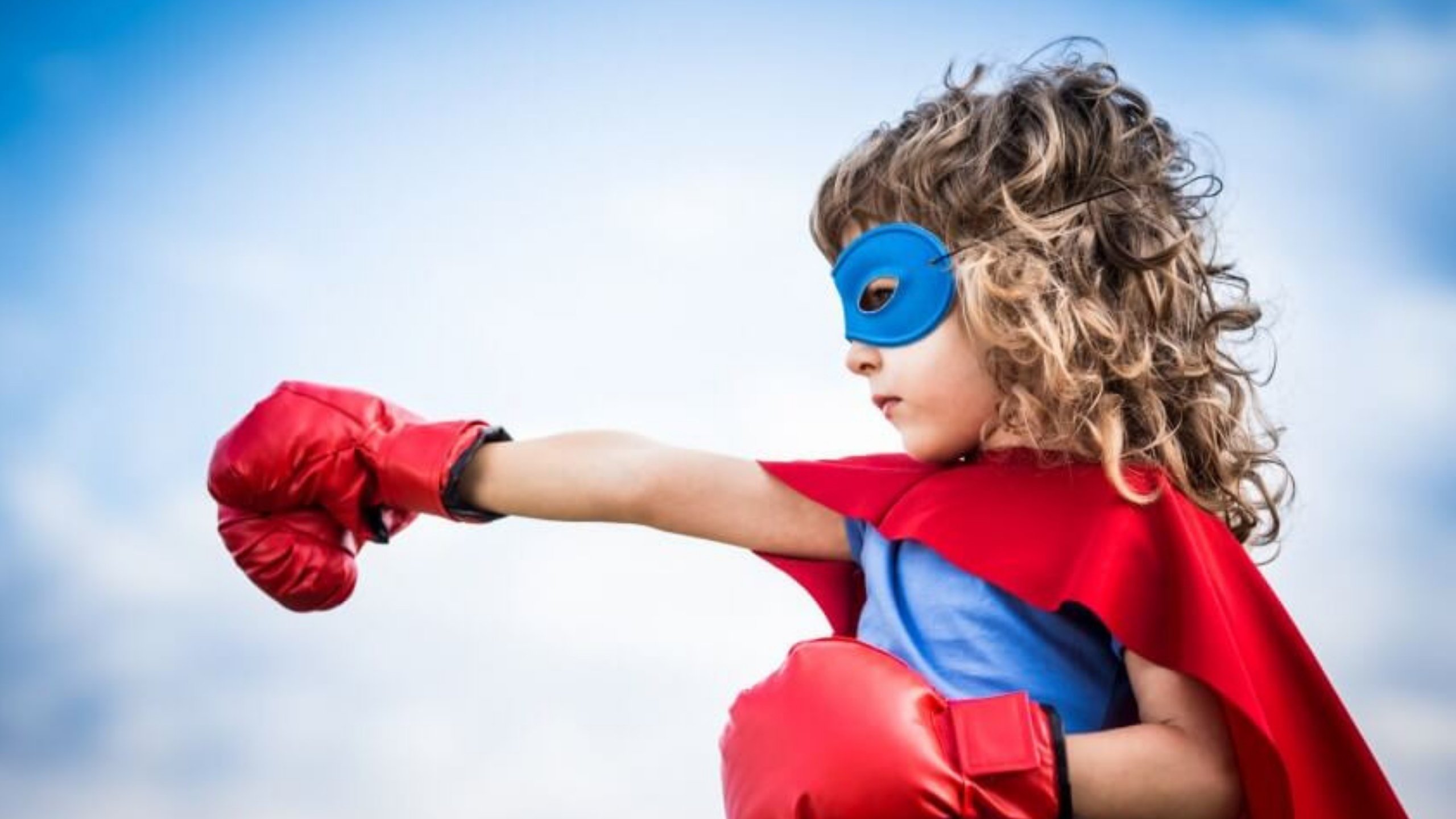
Moreover, early intervention is key and messages which promote equality and diversity have to start from birth and challenged appropriately when the wrong word is conveyed. Ideas are formed from an early age. This is whether it is about a person’s race, gender or sexual orientation or their different needs and circumstances.
Beyond the home, as educators, we have perhaps the most significant power of all. We meet, influence and hopefully empower young people each and every day at different stages of their lives.
The early years’ teacher who encourages equality through play to the primary school teacher who not only cements the 3 Rs but also develops and shapes the young mind, and guides them into forming and articulating their views on life- can all play a significant role in ensuring equality is upheld.
Finally, the secondary school teacher and the college lecturer will build on this work by having those vital conversations about adolescence, adulthood, social responsibility and impacting change for the right reasons.
So as educators:
1. Have those powerful cutting-edge conversations
Don’t shy away from challenging topics. Raise any form of inequality or gritty issues. They have to be said and discussed and when it comes from you the “guide on the side,” it is listened to more actively. Make the classroom the arena of debate. Share all forms of bias and teach your pupils to make informed decisions that really do help make the world a better place.
2. Have “Ad Hoc” Conversations as they are the most powerful!
Never underestimate the power of the ad hoc conversation or what seems to be a throwaway comment. The master teacher knows that this is when the most excellent teaching occurs and is the most memorable.
Even if it means kicking out the Maths lesson and teaching it the next day, HAVE that conversation. You are training the movers and shakers of the next generation who will shape the future. Every lesson is a lesson in life.
3. Enable your pupils and staff to raise contentious topics
Allow your pupils to discuss issues as long as they are talked through within an appropriate medium. Don’t penalise ignorance. Challenge, develop, educate and empower your pupils so that they can make informed views and in turn influence others for the better.
4. Re-evaluate your policies and practice for any inherent bias
This is for everyone. Whether you are a teacher, leader, public or private sector employee or leader, think hard and challenge yourself as to whether there is bias in your school or organisation. Work hard to root it out, and it needs to be done so by everyone!
5. The strive for all forms of “Equality” needs to be enshrined in your practice!
This is for everyone! Inequality will never be banished if only some people fight for it. It has to be an essential criterion within any organization, be it in the home, sports grounds, a business or a school.
Everybody has to be on the same page and not be silent witnesses to inequality. Everyone must endorse the right to be treated fairly, paid fairly and be given equality of opportunity. It can’t just be men who take the blame for gender inequality. Every type of gender has a part to play.
People should realise that they will be challenged to think deeper and harder. Whistle-blowers who report for the right reasons have to be supported and need to know that the right action will be taken.
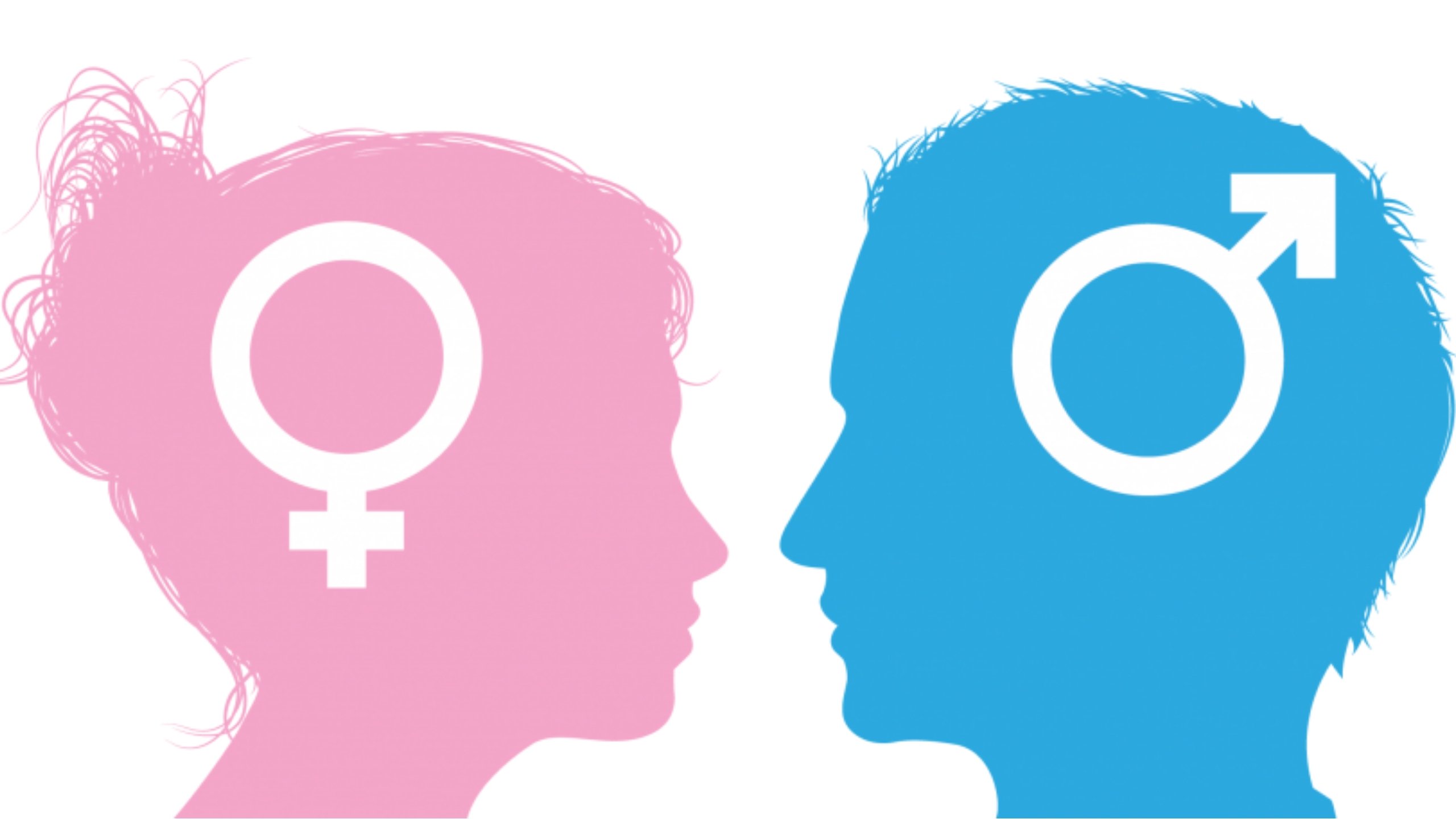
Finally, the fight for inequality starts within all of us. It just can’t be all talk and no action. Girls need more than “hope.” They need people and organisations to act on their ideals.
So this article is dedicated to all those who are fighting to ensure girls are empowered- and any form of inequality is fought. This is for those fathers, mothers and carers of daughters… uncles, aunts, brothers and sisters of women… sons and daughters, husbands, wives, boyfriends, girlfriends, partners, friends and colleagues of women who are willing to work hard to ensure that they are no longer under-represented or treated unfairly in society.
“We all have girls in our lives in one form another, and they need to be assured we have their back”.
Lastly, on a personal note, this is dedicated to my father, who didn’t have the resources to be educated and my mum who wasn’t allowed to go to school by her family. Both were immigrants who were highly intelligent and did exceedingly well despite not being educated. Frustrated and saddened by their lack of education, they made it their mission to educate us, especially the girls.
My father, who came from a remote village in Bangladesh and a very macho man, was the first person to teach me about girl power and empowered me never to be put off in succeeding in what can be a man’s world.
Together, they ensured that my sisters and I were educated and went to university -paving the way for all girls to be educated in our family. This was even though so many of their family and community warned them incessantly that we will become “wild and strong headed” as a result.
If he were still alive, my father probably would roll his eyeballs to heaven and laugh and say that his girls are wild and strong-headed. Hey ho, it is all about perception- right?



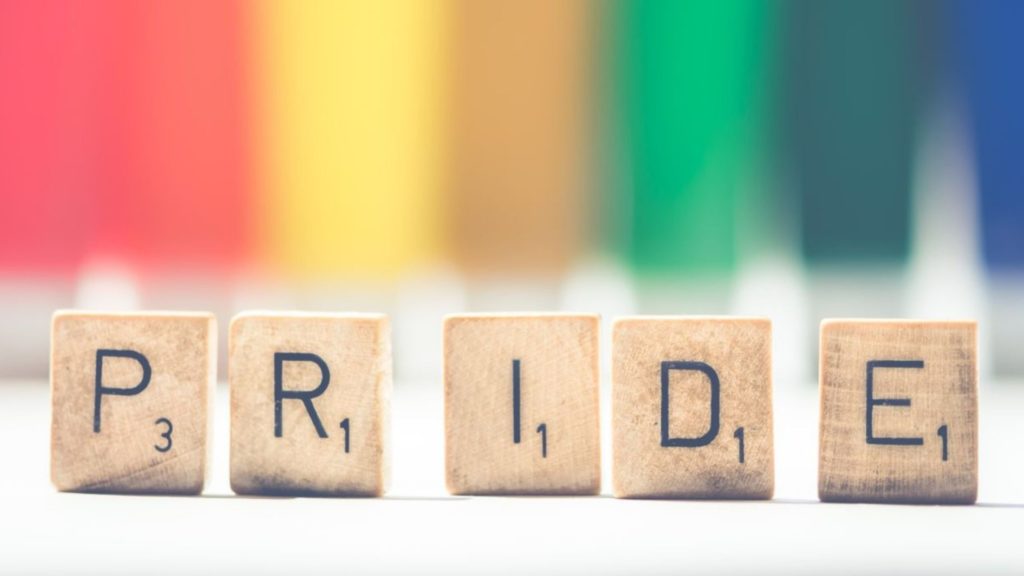


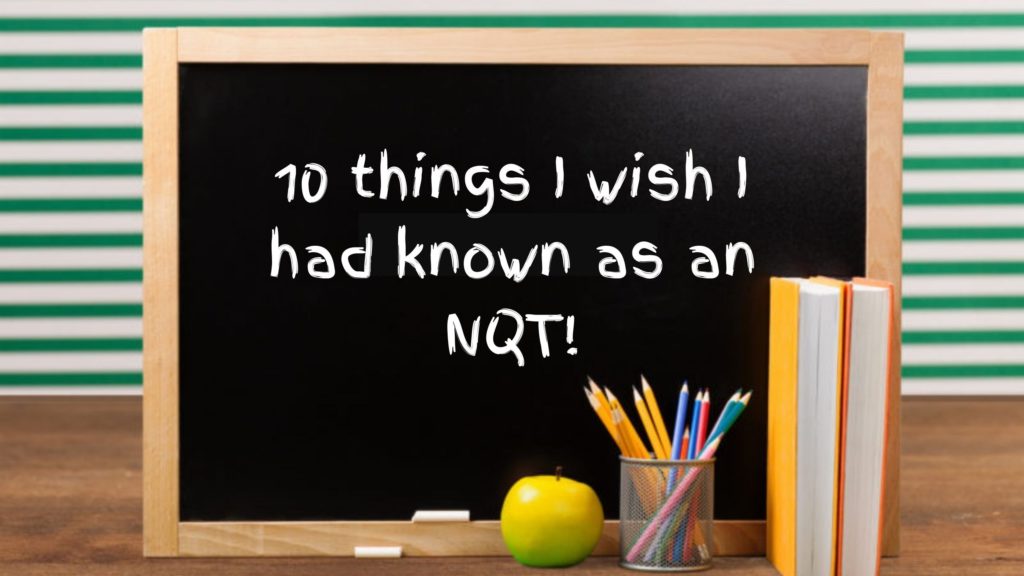

Responses